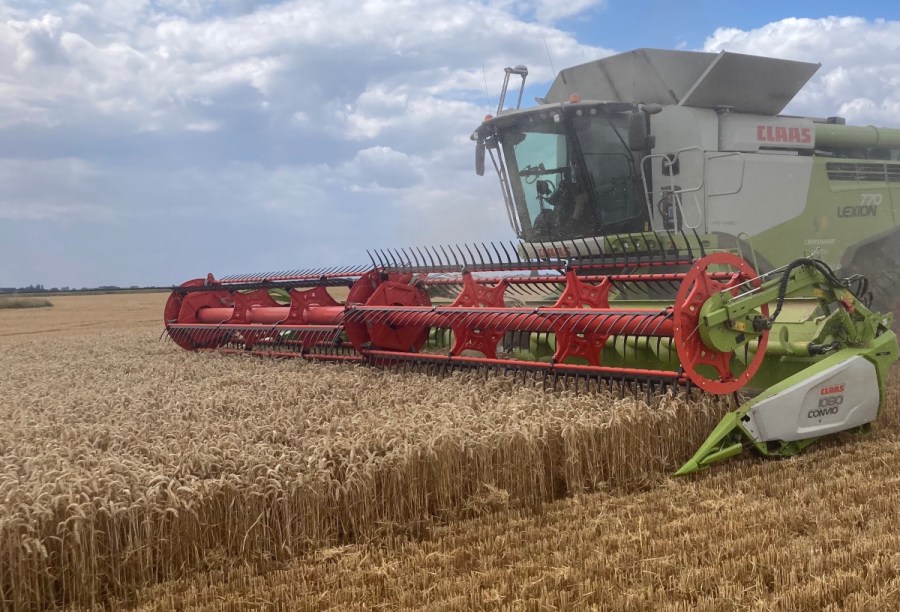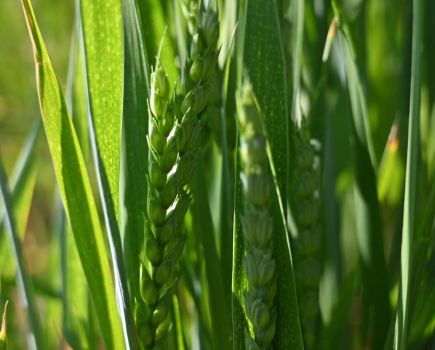Simplified crop management and targeted disease control – benefits growers can tap into when using a range of innovative wheat varieties from RAGT.
Bred with resistance to barley yellow dwarf virus (BYDV), Genserus winter wheat varieties aim to reduce reliance on autumn-applied aphicides through controlling this potentially devastating disease.
Genserus (genetic security virus) varieties are the first wheats with BYDV resistance to be marketed in Europe, offering protection from the day the crop’s planted, to the day it’s harvested.
For the farmer, the trait removes the requirement to monitor and manage populations of the aphid vectors through use of foliar-applied insecticide sprays.
On-farm testimonial
The concept has already proved itself at Croft Marsh in Skegness, Lincolnshire, where Gavin Bowser manages 1000ha of winter and spring combinable cropping.
With blackgrass under control, drilling starts on 20 September on the farm’s silty clay loams, to reduce the risk of bad weather problems later in the season. However, Gavin says BYDV can be a problem for early such emerging wheats.
He explains that usually, his approach for conventional varieties is to monitor and then treat with a pyrethroid spray, when conditions favour infection spread and aphids can be found in the crop. Given conditions this year, most varieties had one application.
But, this takes time to manage and while sprays are well-timed, they still have a level of environmental impact.
“I have a very good agronomist and we only spray when we have to,” comments Gavin. “Insecticides are under the spotlight for all sorts of reasons, not least because they are not target specific.
“We’re moving to a direct-drilling system so we have to look after the whole farm ecosystem to maximise the benefits and produce healthy crops,” he says.
One vision
Gavin believes using resistant varieties fits perfectly with this vision. He’s had great success with RGT Wolverine, Europe’s first commercial winter wheat with BYDV resistance, and is growing it for the third season.
“The variety yielded as well, or better, than our other wheats. When we started with Wolverine, we knew it wasn’t going to change the world, but it’s the beginning of a pipeline that will.”
The next generation
With new innovations in mind, Gavin hopes to try RGT Grouse, the next variety in the Genserus pipeline. Grouse is a high-yielding hard feed wheat with improved agronomics that also features orange wheat blossom midge resistance.
Suited to early sowings, it features prostrate autumn and winter growth with high tillering capacity and retention.
“We look for varieties with plenty of vigour and it sounds as though Grouse has been bred for the early drilling slot,” says Gavin.
“Genetics are definitely the way forward and will make managing the disease a lot easier. I’m looking forward to giving Grouse a go and seeing what other varieties with BYDV resistance we can expect in the not-too-distant future.”
For more information about Genserus varieties, click here.




